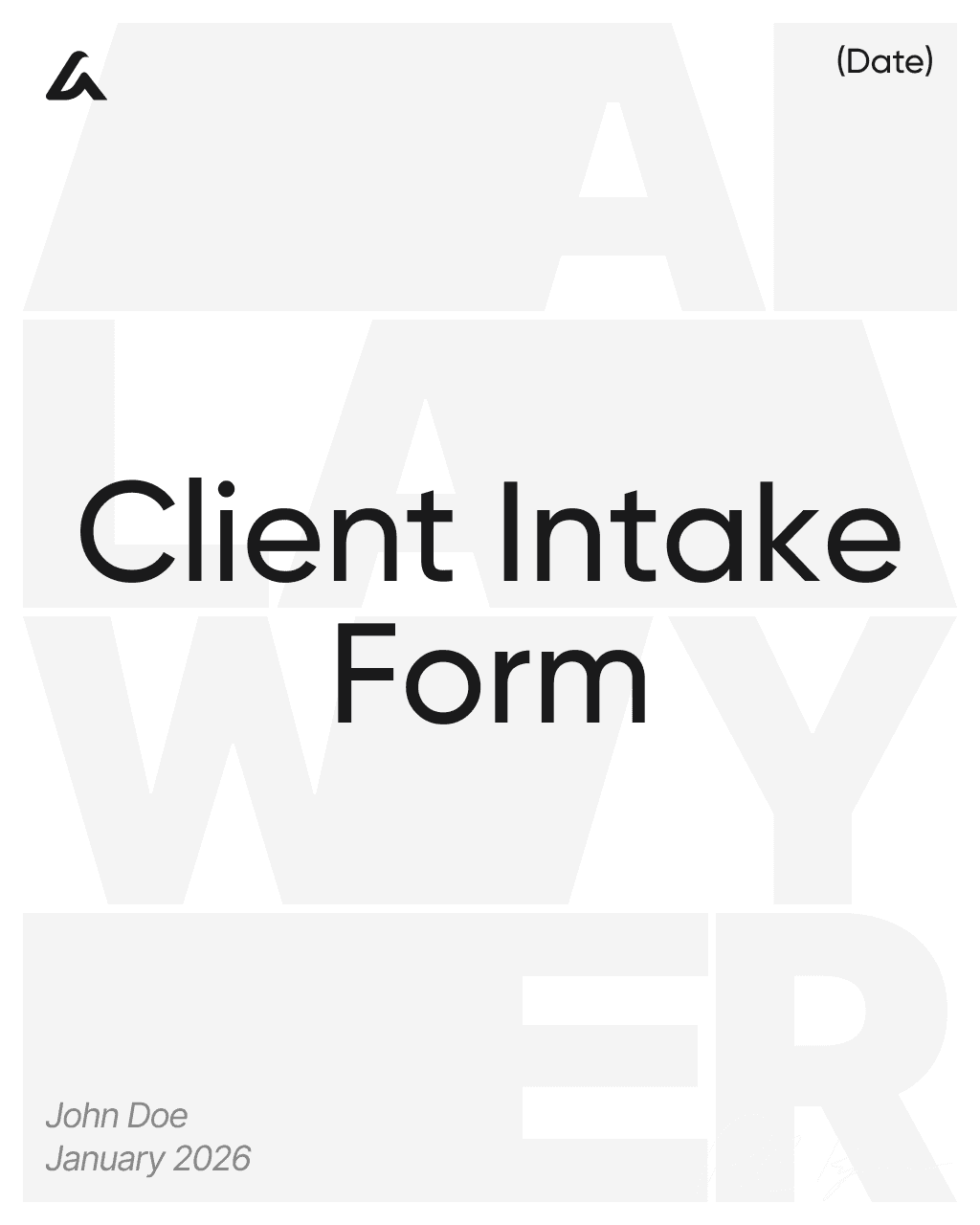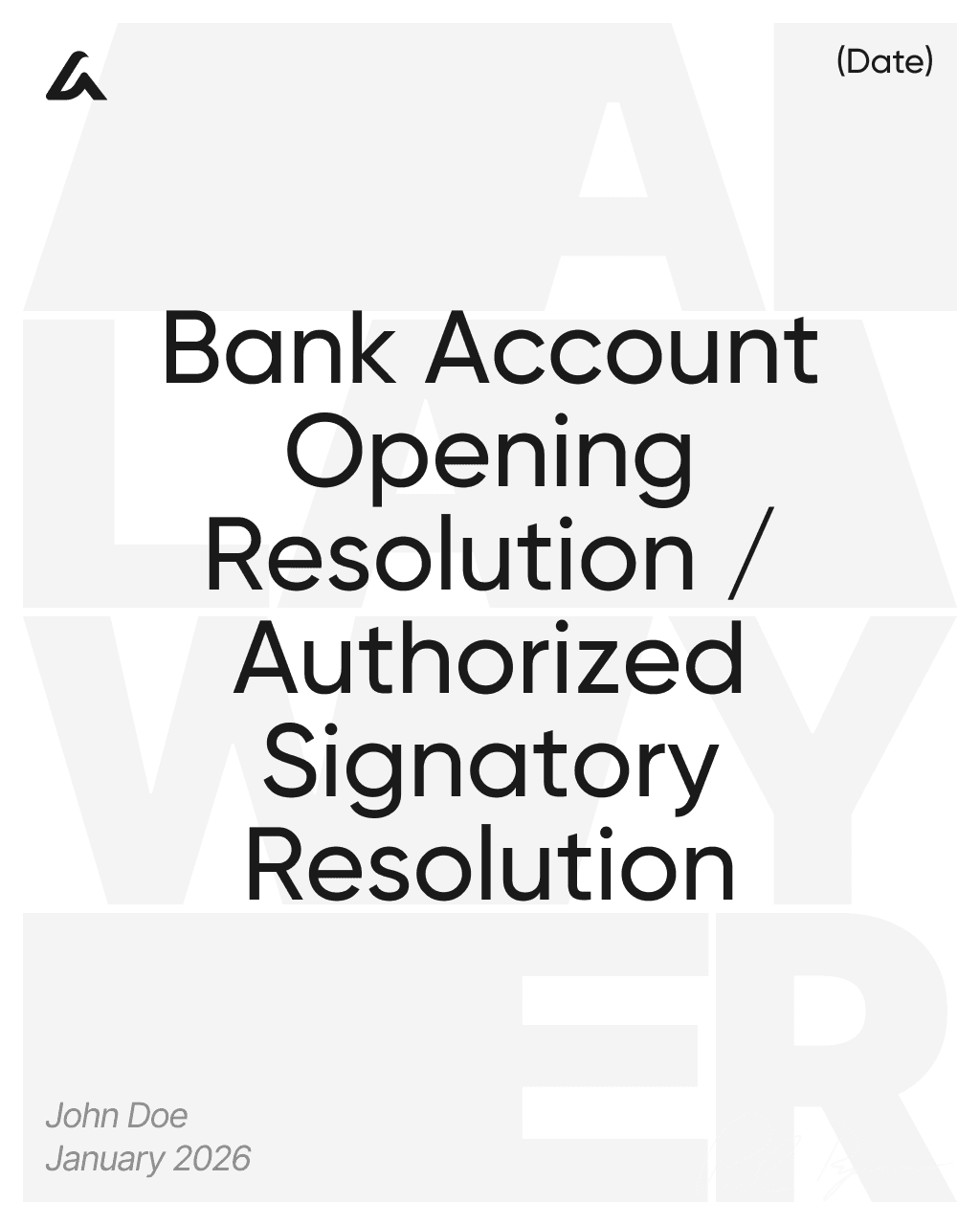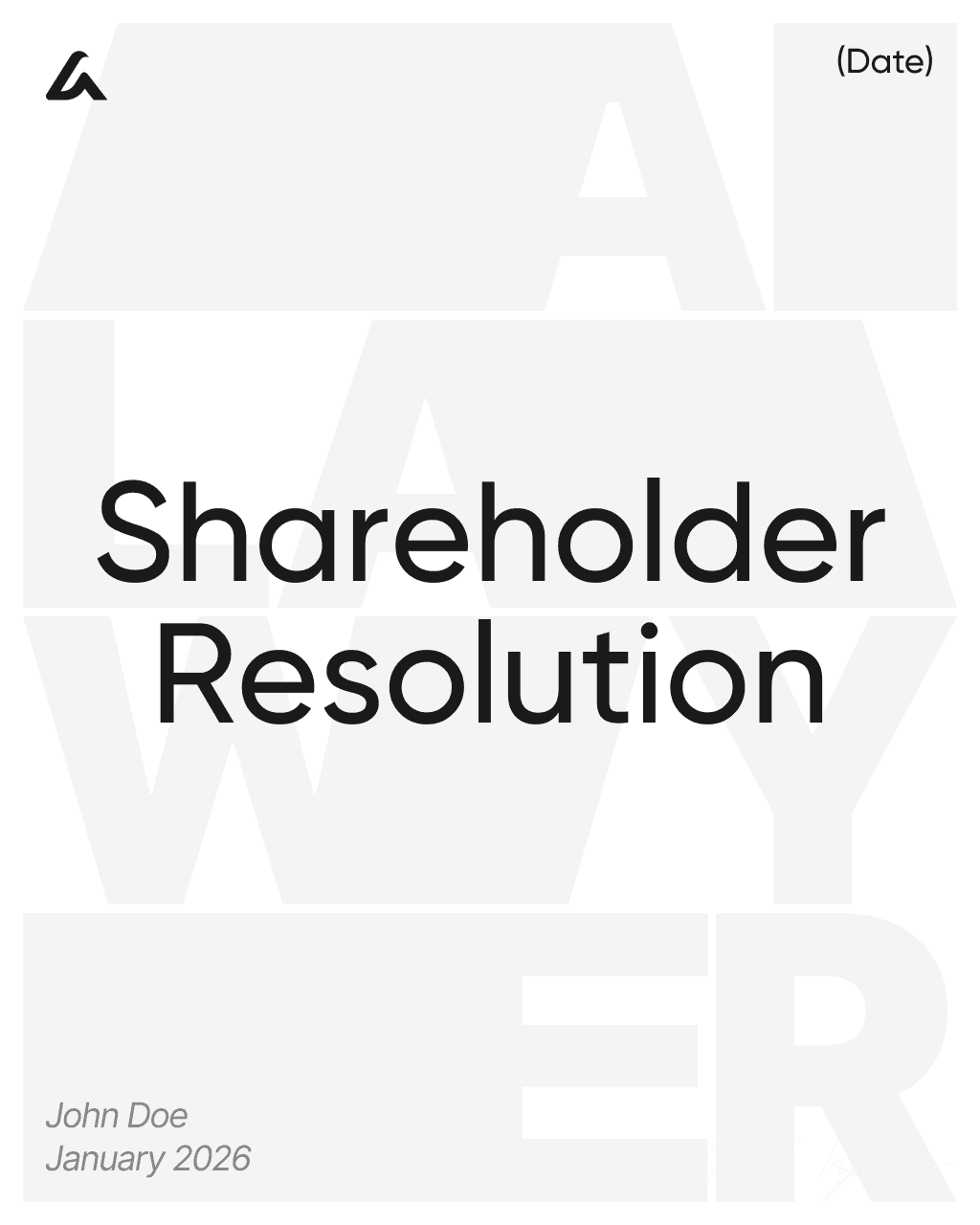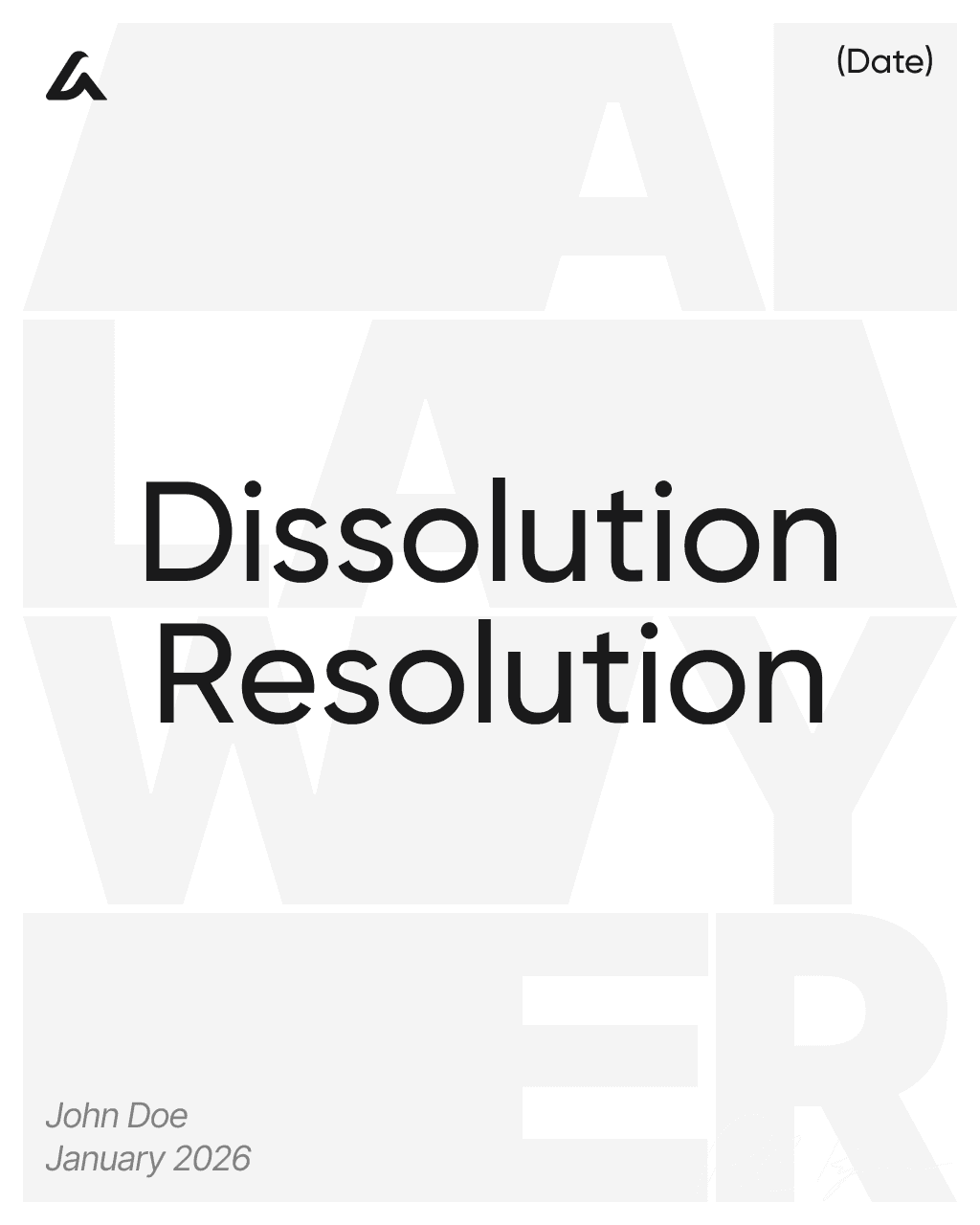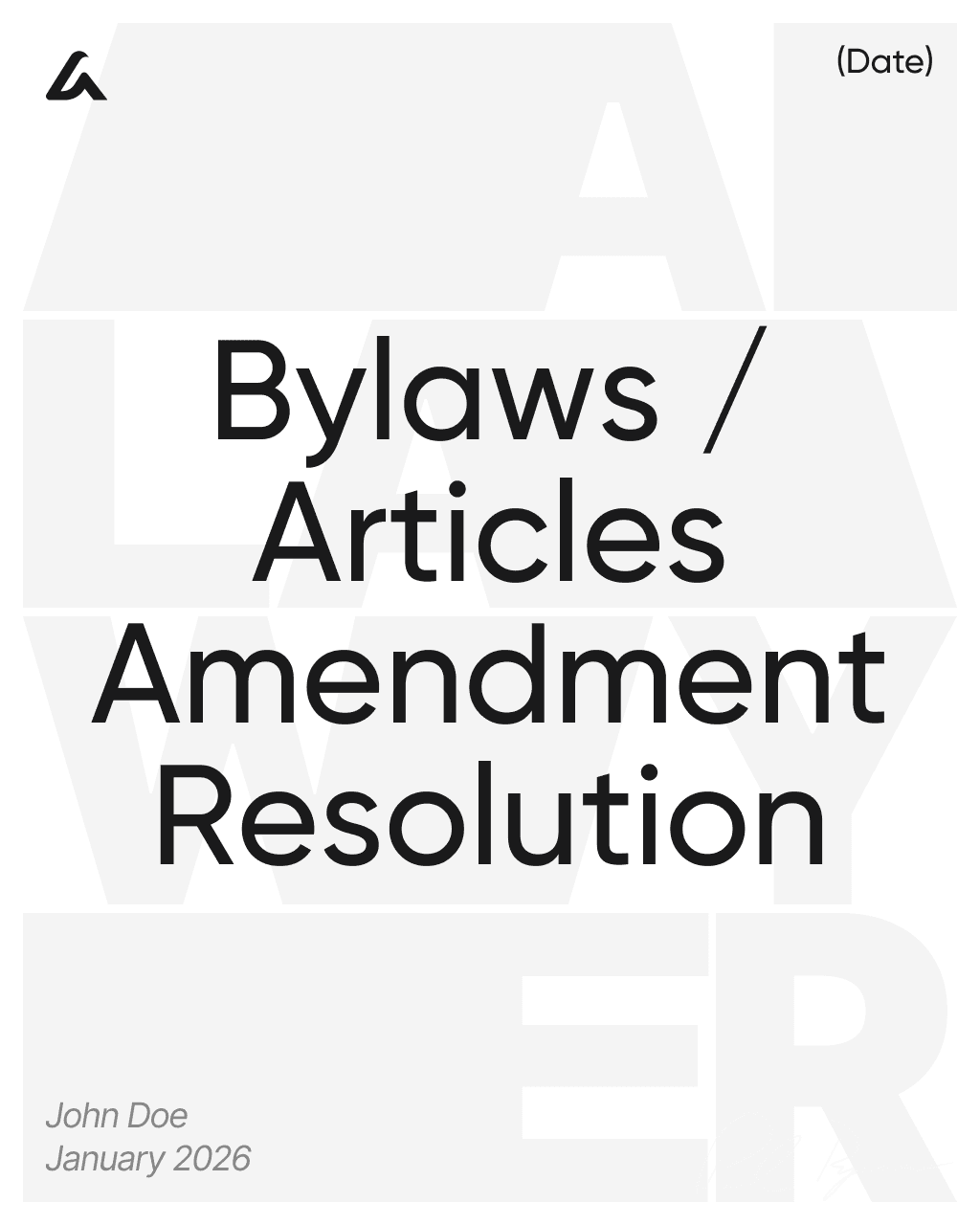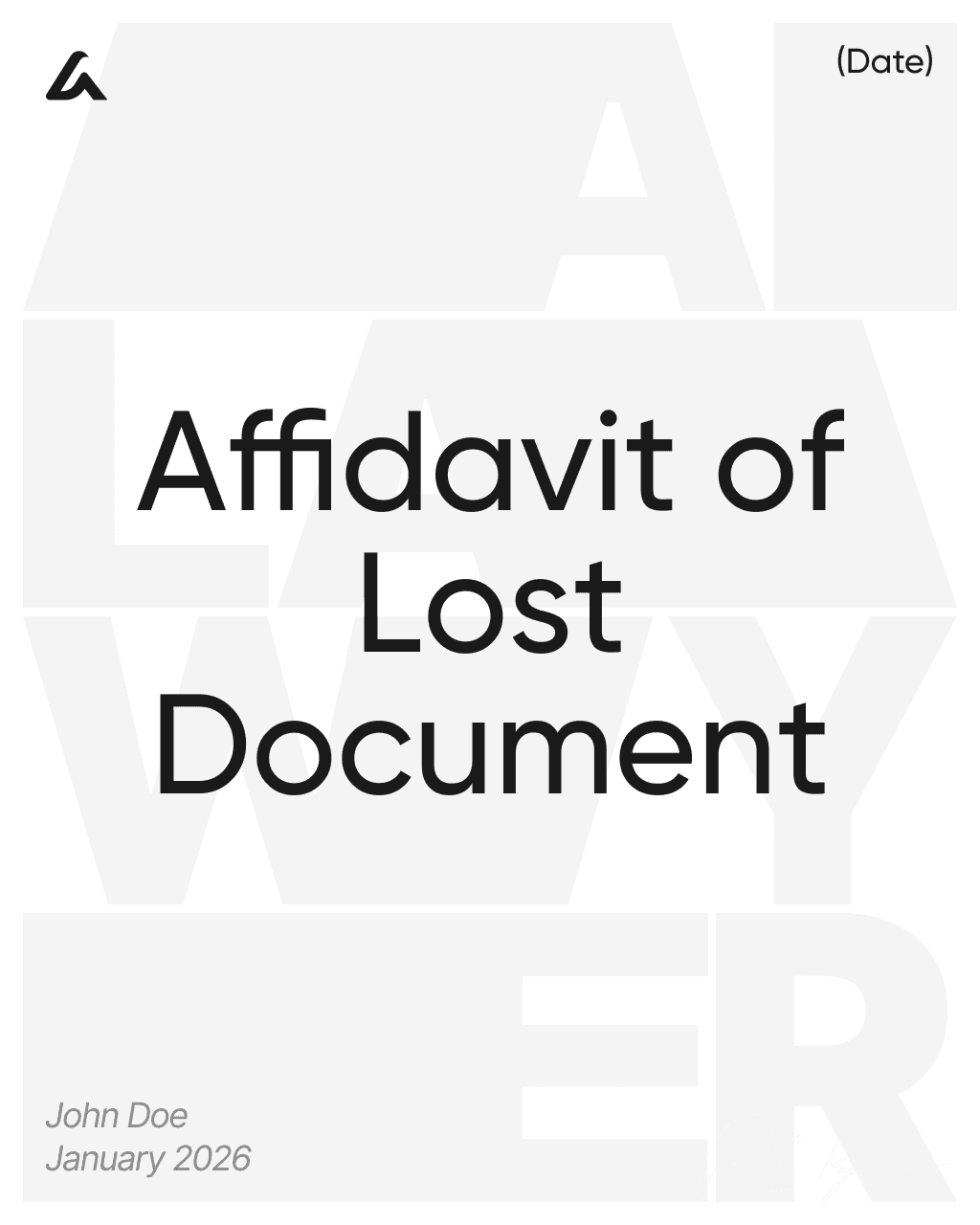Free template
Business Sale Agreement Template: Asset Transfer & Price Florida
Business Sale Agreement Template: Asset Transfer & Price Florida
Download template
Business Sale Agreement
This Business Sale Agreement (“Agreement”) is entered into on [Date], by and between:
Seller: [Full Legal Name / Company Name], with a principal place of business at [Address], hereinafter referred to as the “Seller.”
Buyer: [Full Legal Name / Company Name], with a principal place of business at [Address], hereinafter referred to as the “Buyer.”
The Seller and the Buyer may be referred to individually as a “Party” and collectively as the “Parties.”
1. Transaction Summary
This Agreement documents the sale of [Business Name] at [Business Address], with assets defined in Schedule A.
2. Purchase Price; Payment Plan
Total price: $[Amount]. Payment: deposit $[Amount] at signing; balance at Closing on [Closing Date]. Installments or seller financing, if any, are outlined in Schedule B.
3. Assets; Exclusions; Customer Contracts
Assets conveyed are listed in Schedule A; exclusions in Schedule C. Assignment of customer contracts appears in Schedule D and may require consents.
4. Transition; Customer and Vendor Introductions
For [X] weeks after Closing, Seller will make good‑faith introductions and provide training per a plan in Schedule E.
5. Books, Records, and Access
At Closing, Seller will deliver copies of key records reasonably necessary for continuity of operations.
6. IP, Websites, and Social Media
Seller shall transfer ownership/control of domain names, websites, and social media listed in Schedule A, with credentials delivered at Closing.
7. Compliance and Permits
The Parties will cooperate on any registrations or permits reasonably necessary to continue operations after Closing.
8. Representations and Warranties
Seller affirms authority to sell and absence of undisclosed liens; Buyer affirms capability to pay and authority to buy. Expanded representations may be in Schedule F.
9. Indemnification; Escrow (if used)
Indemnities apply for breaches; if used, an escrow of $[Amount] for [X] months will secure eligible claims (Schedule G).
10. Restrictive Covenants (optional)
Seller agrees to non‑competition and non‑solicitation for [Term] within [Geographic Area].
11. Governing Law; Dispute Forum; Entire Agreement
Governing law: [Florida]; forum: courts of [County], Florida. Entire Agreement includes Schedules A–G.
Signatures
Seller:
Signature: _______________________ Date: __________
Name/Title: ______________________
Buyer:
Signature: _______________________ Date: __________
Name/Title: ______________________
Flash deal
Flash deal
Today
Today
No time to fill it up? Generate your custom agreement with AI Lawyer in seconds
What’s Included
Legal Research
Legal Research
Legal Research
Contract Drafting
Contract Drafting
Contract Drafting
Document Review
Document Review
Document Review
Risk Analytics
Risk Analytics
Risk Analytics
Citation Verification
Citation Verification
Citation Verification
Easy-to-understand jargon
Easy-to-understand jargon
Easy-to-understand jargon
Details
Learn more about
Business Sale Agreement Template: Asset Transfer & Price Florida
Click below for detailed info on the template.
For quick answers, scroll below to see the FAQ.
Click below for detailed info on the template.
For quick answers, scroll below to see the FAQ.
Florida Business Sale Agreement FAQ
What is a Business Sale Agreement?
A Business Sale Agreement is a legally binding contract that sets the terms for transferring ownership of a business from the seller to the buyer. It clearly states what exactly is being sold — such as equipment, inventory, intellectual property, or customer contracts — and whether any liabilities or debts are included. The agreement also outlines the purchase price, payment method, and closing conditions, so both sides understand their obligations.
When to use a Business Sale Agreement?
You should use a Business Sale Agreement any time a business — or major parts of it — is being sold or transferred. This includes selling an entire business, specific assets, or even just the rights to operate under the current brand. It’s important whether the deal involves a large company or a small, privately-owned business.
Using a Business Sale Agreement ensures that both the buyer and seller clearly understand what is included in the sale, how and when payment will be made, and what each party is responsible for before and after the transaction. It helps prevent misunderstandings and protects both sides if any issues arise later.
What should be included in a Business Sale Agreement?
A Business Sale Agreement should include all important terms of the sale so that both parties are legally protected and fully understand the transaction. Key elements typically include:
Buyer and seller information — legal names, business addresses, and authorized representatives
Description of what is being sold — specific assets, inventory, intellectual property, customer lists, equipment, or goodwill
Purchase price and payment terms — total price, due dates, deposit, and payment method
Transfer date — when ownership officially changes hands and who is responsible for the business before and after closing
Liabilities and debts — whether the buyer is taking over any business obligations
Representations and warranties — assurances about the business’s financial condition and legal compliance
Confidentiality and non-compete terms — protecting the value of the business after the sale
Closing conditions — actions required before the deal can be finalized
Dispute resolution — what happens if a disagreement arises later
Signatures of both parties — making the agreement legally enforceable
Can a Business Sale Agreement be changed after signing?
Yes. A Business Sale Agreement can be changed after signing, but only if both the buyer and the seller agree to the modification in writing. Any change must be documented in an amendment that is signed by both parties to ensure it is legally enforceable.
You cannot simply update the contract verbally or make changes on your own — written consent is required to avoid disputes and to ensure that the updated terms are valid if the agreement is ever reviewed in court.
How do you protect trade secrets in a business sale?
To protect trade secrets, confidential information, and valuable business knowledge during a business sale, the agreement should include strong confidentiality provisions. This typically means requiring the buyer to sign a Non-Disclosure Agreement (NDA) and adding clauses to prevent misuse, copying, or sharing of sensitive information.
A Business Sale Agreement may also include a non-compete or non-solicitation clause to ensure the seller or buyer cannot use confidential information to compete unfairly or take customers or employees after the sale. Clearly defining what qualifies as trade secrets and stating that confidentiality continues after closing helps ensure the business’s protected information remains secure throughout and following the transaction.
Similar templates
Other templates from
Business Document
Money back guarantee
Free trial
Cancel anytime
AI Lawyer protects
your rights and wallet
Money back guarantee
Free trial
Cancel anytime
AI Lawyer protects
your rights and wallet
Money back guarantee
Free trial
Cancel anytime
AI Lawyer protects
your rights and wallet
Money back guarantee
Free trial
Cancel anytime














































